The Chinese Foreign Ministry held a regular press conference on Tuesday. The following is the full text:
CCTV: It was reported that in a speech on January 18, Indian External Affairs Minister Jaishankar said that India-China ties bear on the larger prospects of both nations and of the global order. More thought needs to be given to the longer-term evolution of ties and India’s approach can be summed up in terms of the three mutuals, i.e., mutual respect, mutual sensitivity and mutual interests. He also said that the emergence of a multi-polar Asia is an essential pre-requisite for a multi-polar world. Right now, India-China relationship is trying to disentangle itself from the complications arising from the post-2020 border situation. Clearly, India has to prepare for expressions of China’s growing capabilities, and a more rapid development of India’s comprehensive national power is necessary. What is China’s comment?
Guo Jiakun: As two major time-honored civilizations, developing countries and emerging economies, China and India need to focus on development and engage in cooperation. This serves the fundamental interests of over 2.8 billion people of the two countries, meets the common aspiration of regional countries and peoples, goes along with the historical trend of the Global South growing stronger, and is conducive to peace and prosperity of the region and the wider world. The two sides need to earnestly deliver on the important common understandings reached between President Xi Jinping and Prime Minister Narendra Modi in their meeting in Kazan, including that China and India are each other’s development opportunity rather than threat, and cooperation partner rather than competitor. We need to view and handle the bilateral relations from a strategic height and long-term perspective, bring the relations back to the track of healthy and stable development, and find the right path for big, neighboring countries to live in harmony and develop side by side. In global affairs, the two sides need to remain committed to the Five Principles of Peaceful Coexistence, practice true multilateralism, advocate an equal and orderly multipolar world and a universally beneficial and inclusive economic globalization, and make greater contribution to world peace, stability, development and prosperity.
NBC: Marco Rubio has been confirmed as the next secretary of state under the Trump administration. Mr. Rubio was sanctioned by China in 2020. Given the obvious complications or impediment that this could pose to a meaningful U.S.-China bilateral relationship, will China consider dropping the sanctions against Secretary of State Rubio?
Guo Jiakun: China will firmly defend national interests. In the meantime, it's necessary for high-level Chinese and American officials to maintain contact in an appropriate way.
Prensa Latina: U.S. President Donald Trump returned Cuba to the list of countries sponsoring terrorism just hours after taking office. What is your opinion?
Guo Jiakun: We’ve noted that. Repeatedly using the so-called list of “state sponsors of terrorism” to impose unilateral sanctions against Cuba is completely groundless. It fully exposes the U.S.’s hegemonic, domineering and bullying nature. The U.S. removed Cuba’s designation and then reinstated it just six days later, as if it were something to be toyed with. It makes people question the credibility of the U.S. as a country.
The U.S.’s full blockade on Cuba over the past six decades or so seriously violates international law and basic norms governing international relations, and has wreaked havoc on Cuba’s economy and people’s livelihood. China opposes the U.S. interfering in Cuba’s internal affairs in the name of freedom, democracy and counterterrorism, and once again urges the U.S. to lift its blockade against Cuba at once, remove Cuba from the list of “state sponsors of terrorism” and act in the interest of improving U.S.-Cuba relations and keeping the Western Hemisphere peaceful and stable.
The New York Times: President Trump said that he would order federal agencies to conduct a study of trade issues, but he has not immediately imposed any new tariffs on trade with China. What is China’s reaction?
Guo Jiakun: Economic cooperation and trade between China and the United States benefit both sides. Keeping business ties sound and stable serves the fundamental interests of both countries and both peoples, it is also conducive to global economic growth. China stands ready to follow the principles of mutual respect, peaceful coexistence and win-win cooperation, strengthen dialogue and communication with the U.S., properly manage differences, and expand mutually beneficial cooperation. We hope the U.S. will work with us to promote the steady, sound and sustainable growth of bilateral trade and economic ties.
Financial Times: Trump has told ByteDance it must hand over half of TikTok to U.S. company or Trump will levy 100 percent tariffs on China. What is your response to that?
Guo Jiakun: TikTok has operated in the U.S. for years and been very popular with American users. It has played a positive role in boosting U.S. employment and consumption. We hope the U.S. will earnestly listen to the voice of reason and provide an open, fair, just and non-discriminatory business environment for market entities from all countries.
When it comes to actions such as the operation and acquisition of businesses, we believe they should be independently decided by companies in accordance with market principles. If it involves Chinese companies, China’s laws and regulations should be observed.
Reuters: Has China invited Trump for a visit, as he said earlier today? And secondly, how important would such a visit by Trump be?
Guo Jiakun: Under the strategic guidance of the two heads of state and based on the principles of mutual respect, peaceful coexistence and win-win cooperation, China is ready to work with the new U.S. government to maintain communication, strengthen cooperation, properly manage differences and achieve greater progress in China-U.S. relationship from a new starting point.
RT TV: On Saturday, Indian External Affairs Minister Jaishankar mentioned three principles of India’s approach for a balanced and constructive relationship with China: mutual respect, mutual sensitivity and mutual interest. What does China think about this approach?
Guo Jiakun: Your question is the same as the first question, which I answered just now.
The New York Times: The White House said today that the United States would withdraw from the Paris Agreement on climate change. What is China’s response?
Guo Jiakun: China is concerned over the U.S.’s announcement of withdrawal from the Paris Agreement. Climate change is a challenge facing all humanity, and no country can stay insulated.
China’s resolve and actions to actively respond to climate change will remain unchanged. China will work with all parties to actively address the climate challenge and promote a global green and low-carbon transition for the shared future of humanity.
The New York Times: The White House also said today that the United States will withdraw from the World Health Organization. With that withdrawal, the United States also complained that China is not paying nearly as much in contributions to the World Health Organization. What is China’s response on the U.S. withdrawal and also on Trump administration stating that China is making a disproportionately small contribution to the World Health Organization budget?
Guo Jiakun: As the authoritative and professional international organization in global public health, WHO plays a central role in coordinating global public health governance. Its role should only be strengthened rather than weakened. China will, as always, support WHO in fulfilling its duty, deepen international cooperation in public health, advance global public health governance, and promote the building of a global community of health for all.
AFP: Trump also talked about the Panama Canal recently. He said that China was effectively operating the canal and he vowed to take it back into U.S. ownership. Does the Ministry have a response to Donald Trump’s comments about China with regard to the Panama Canal?
Guo Jiakun: China’s position is consistent and clear on questions related to the issue of the Panama Canal and I have nothing more to add.
Bloomberg: I’m wondering what the Chinese Foreign Ministry’s reaction to the investigation by Trump on whether China complied with the phase-one trade deal and does China see the fact that Trump refrains from threatening China with tariffs by February 1 as a positive sign?
Guo Jiakun: I answered relevant question. China-U.S. economic and trade cooperation benefits both sides. It is also an important issue of our mutual interest. Despite all the differences and frictions, the two countries enjoy tremendous common interests and space for cooperation. The two sides can strengthen dialogue and coordination to this end.
The New York Times: As a follow-up on the TikTok question, does China believe that a sale of TikTok to an American company or to a joint venture could be allowed to include the specific algorithms of TikTok, the transfer of these algorithms, to a joint-venture American company?
Guo Jiakun: When it comes to actions such as the operation and acquisition of businesses, we believe they should be independently decided by companies in accordance with market principles. If it involves Chinese companies, China’s laws and regulations should be observed.








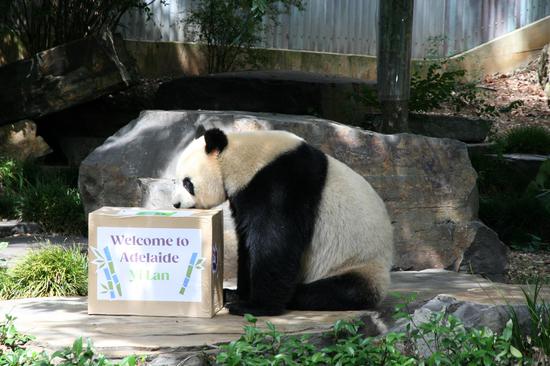
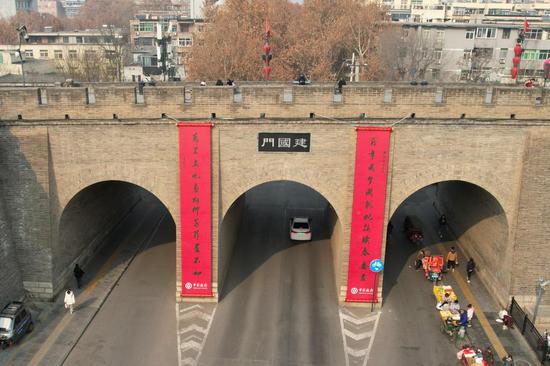
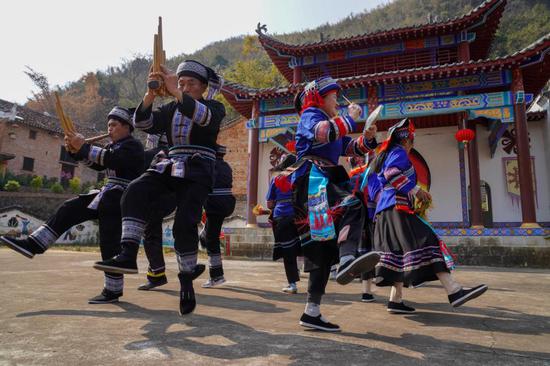
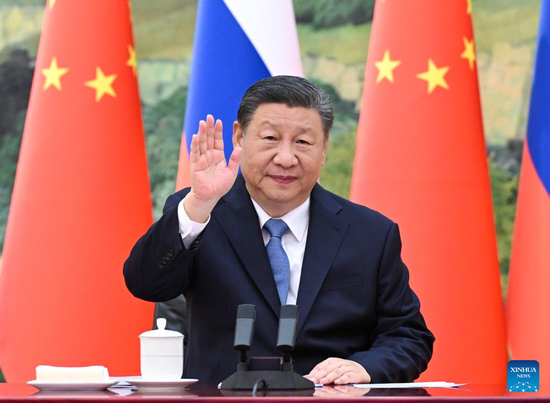
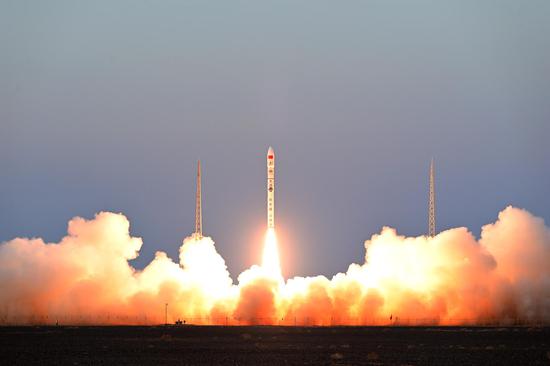
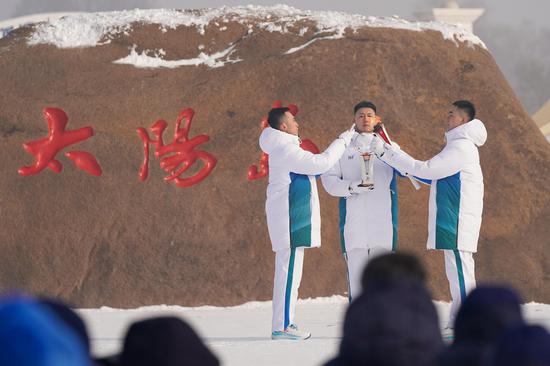

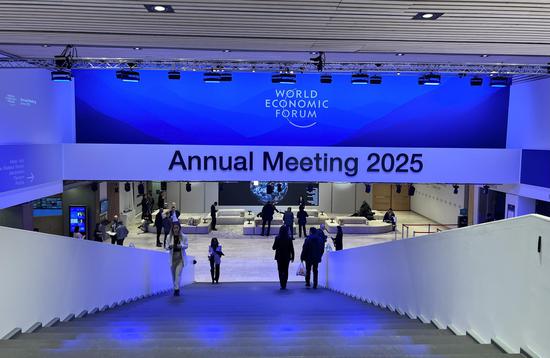
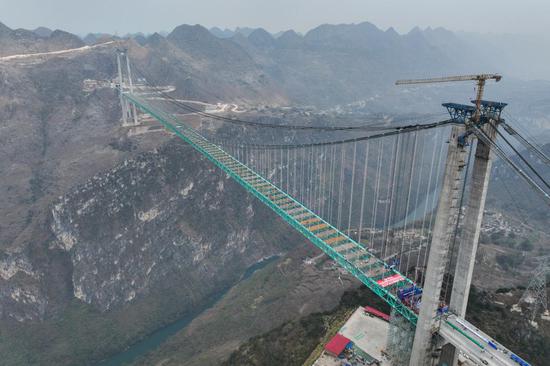
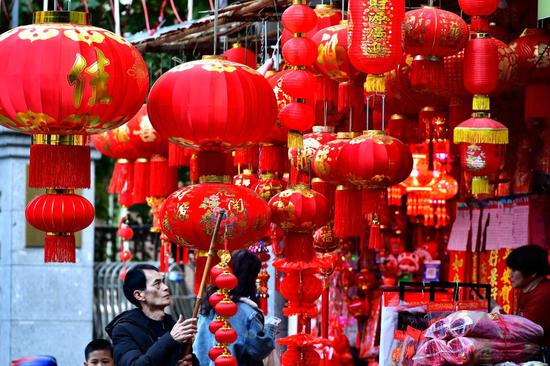



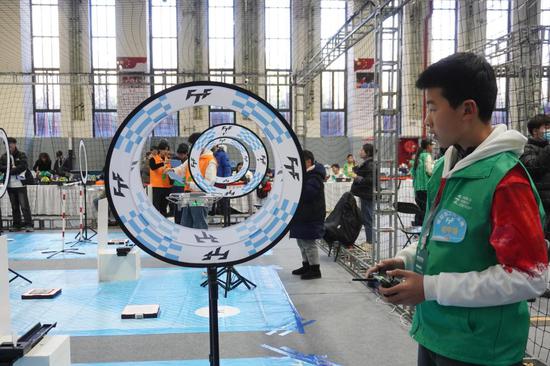
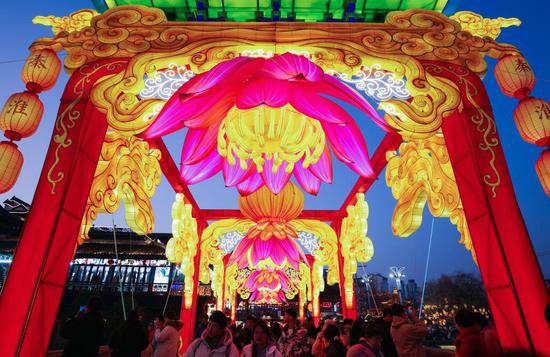
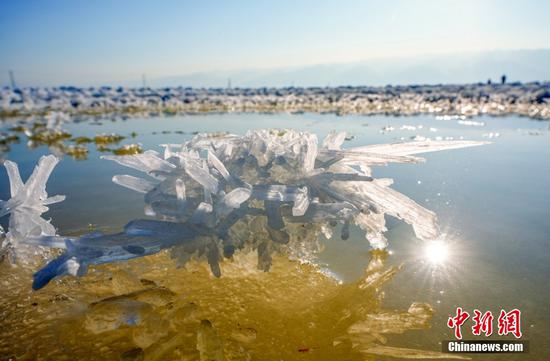
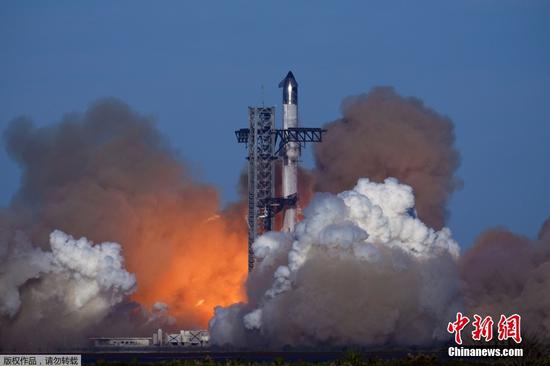
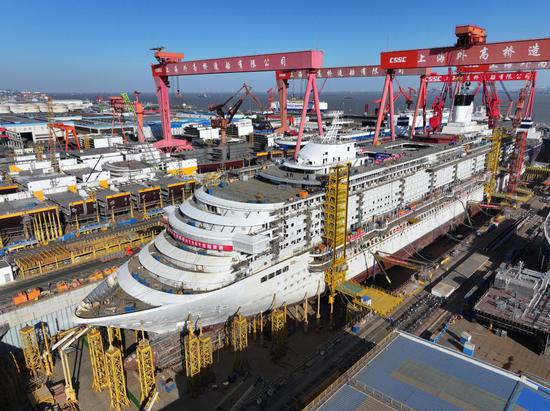
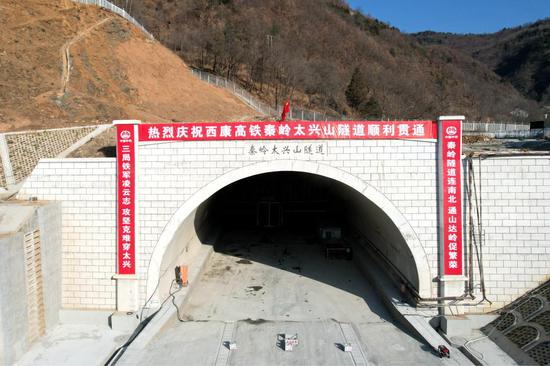
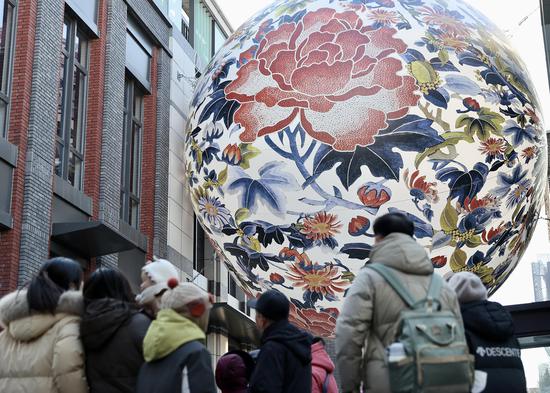
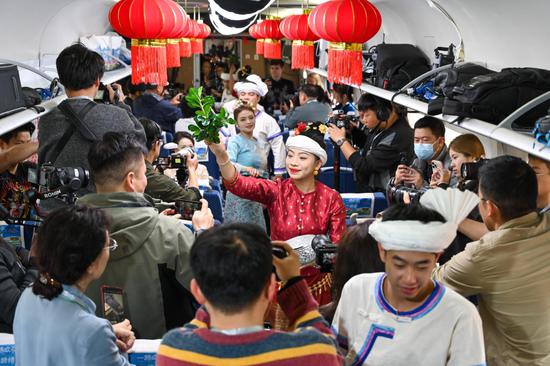
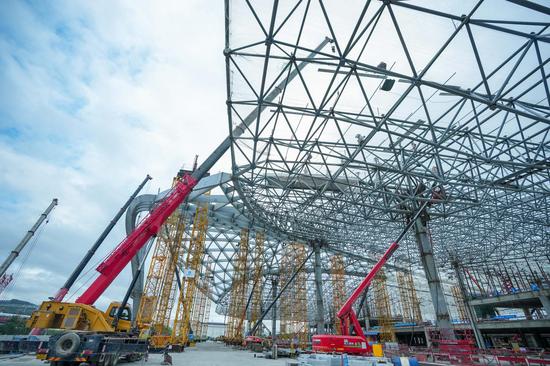

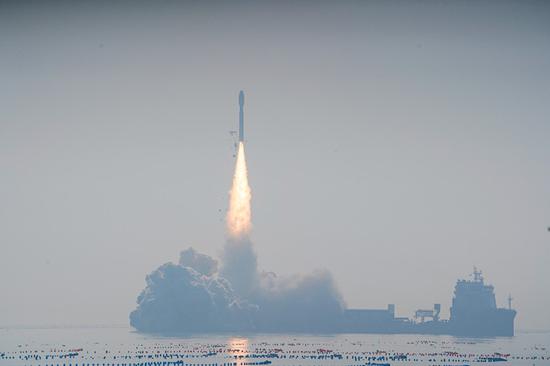
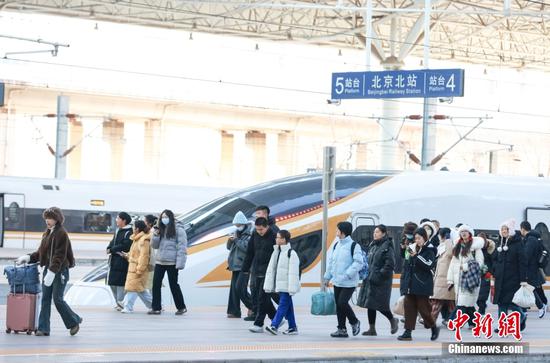


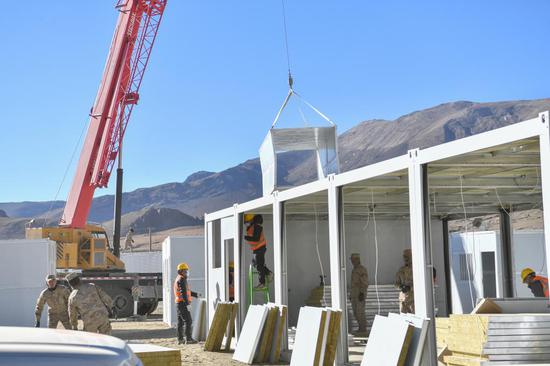
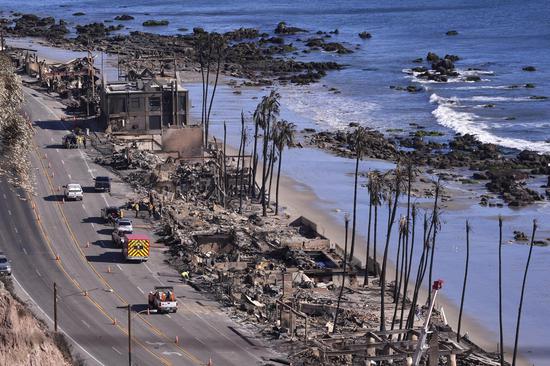
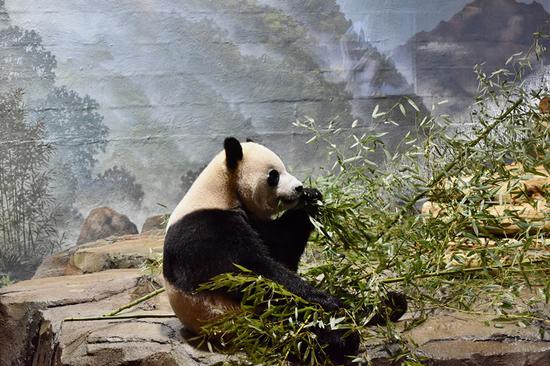

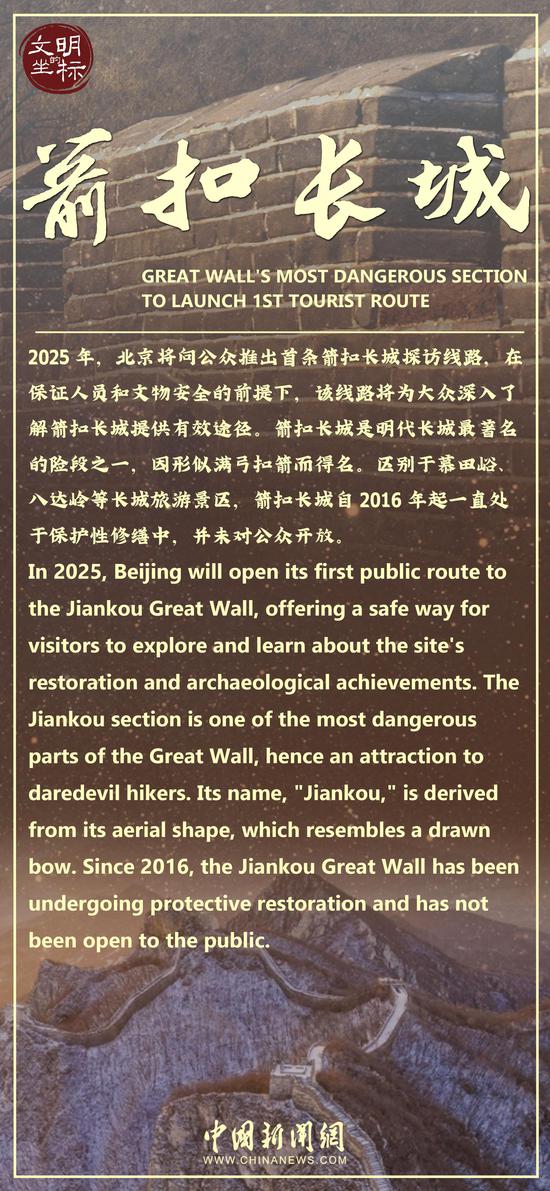
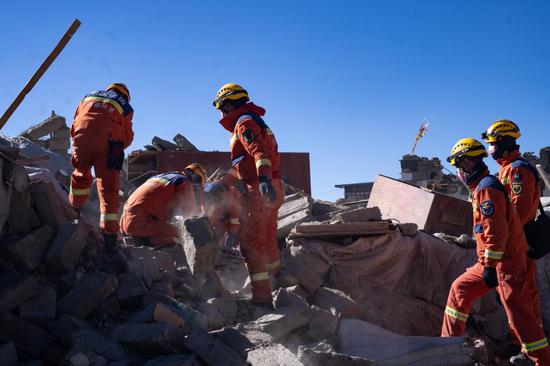
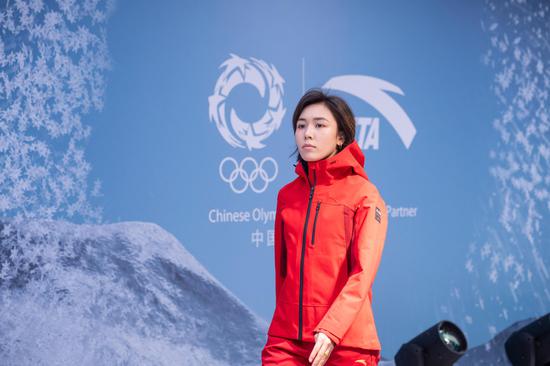

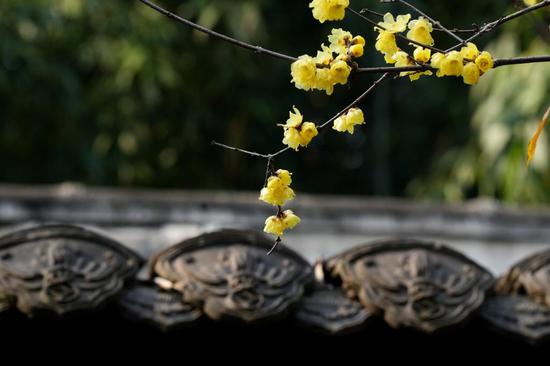
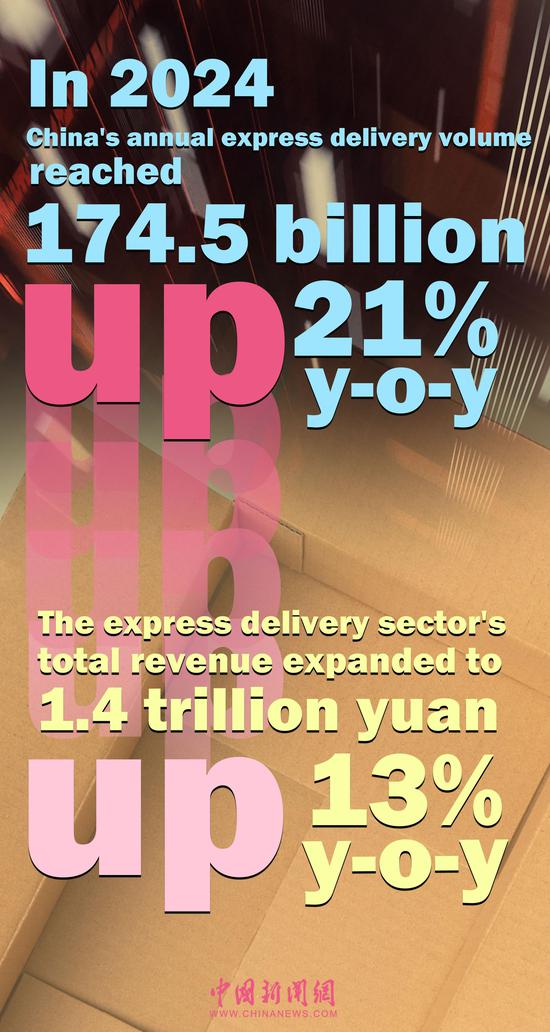

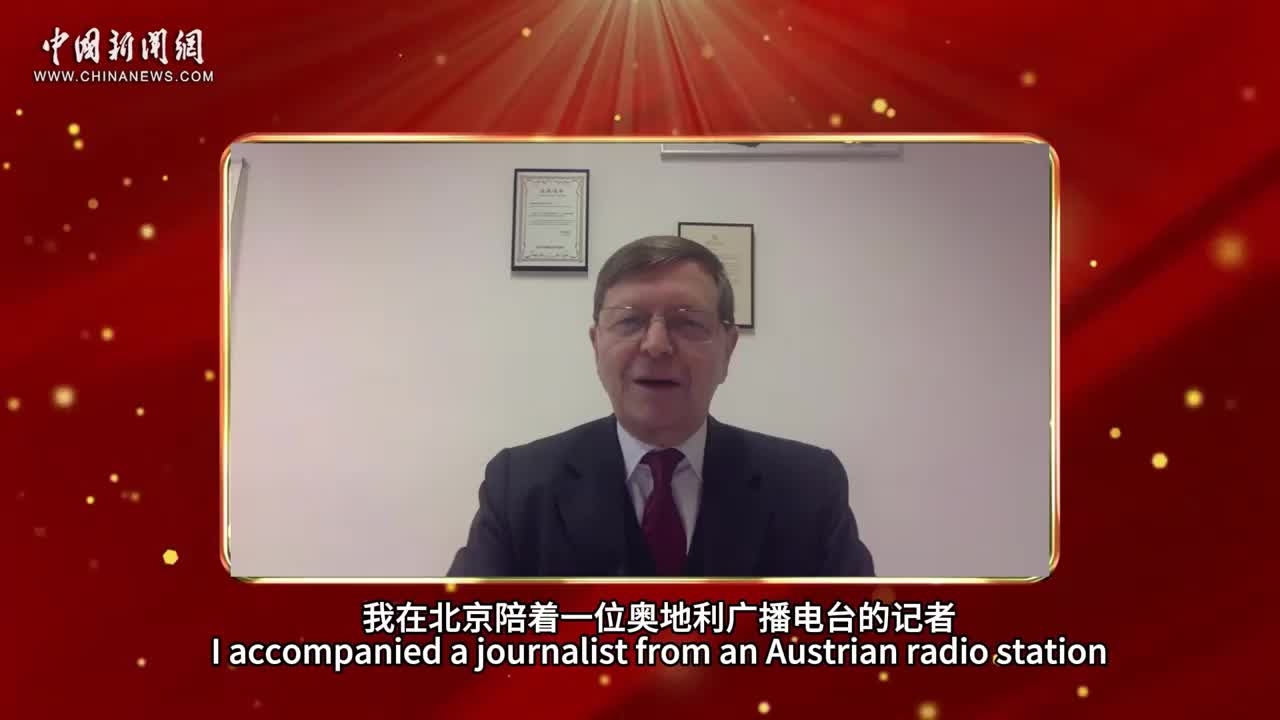



 京公网安备 11010202009201号
京公网安备 11010202009201号